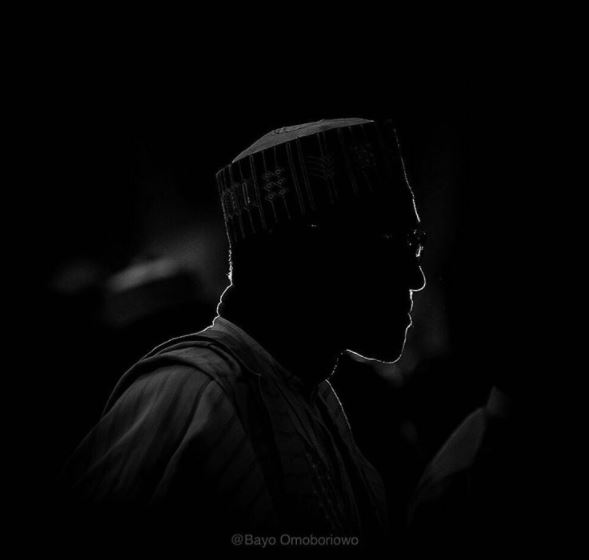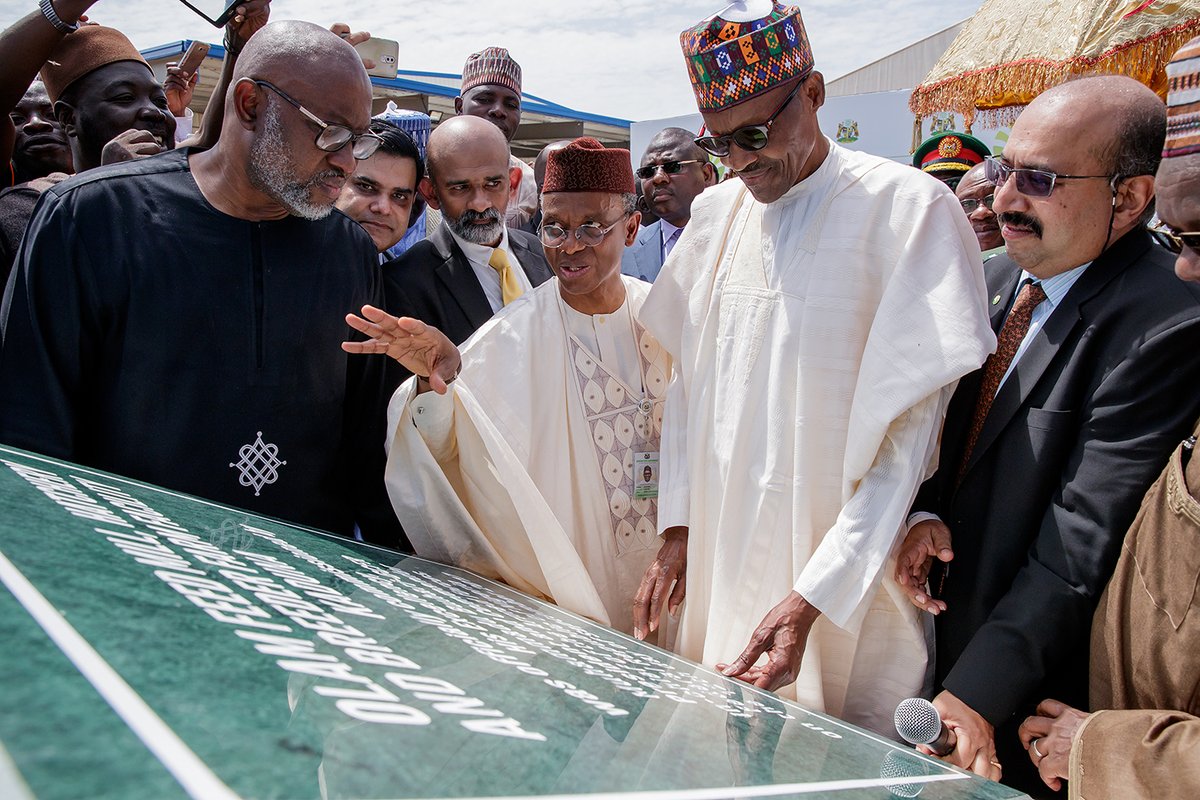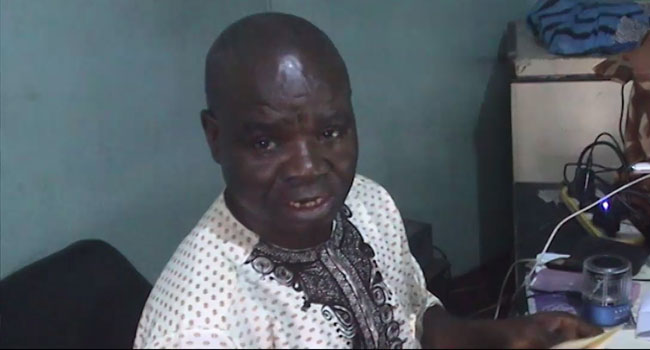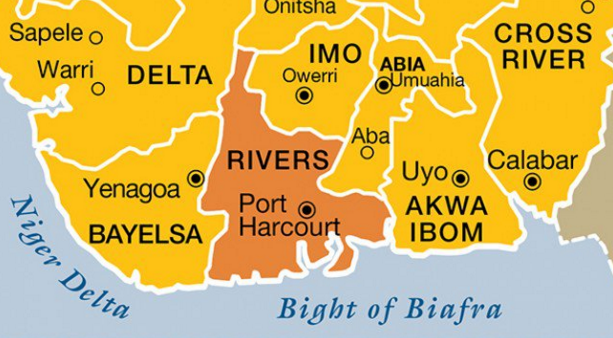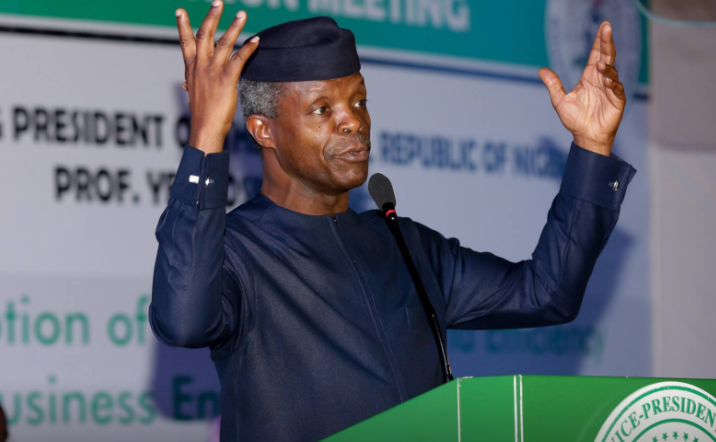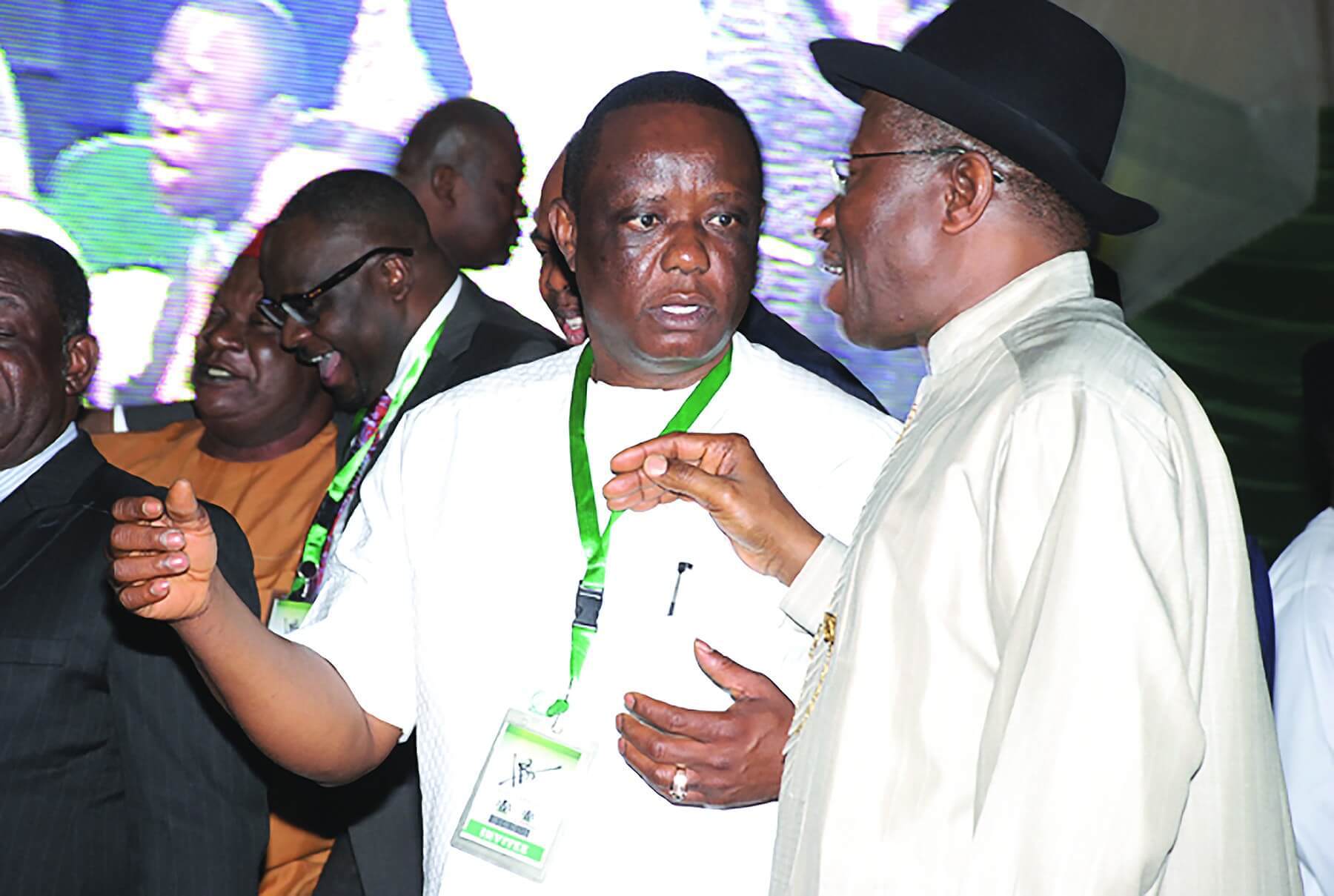Adebayo Faleti, the man who translated the Nigerian national anthem from English to Yoruba, and proved with his life that indigenous literary excellence is possible, was finally laid to rest on September 8, 2017 at a good old age.
I was in Ibadan for the better part of the past few days, and the entire city and Oyo state were all about the icon, who went to the land unknown. From September 5 to September 8, virtually all media houses in the state were rendering eulogies of a man whose death was one too heavy for the arts community in the southwest of Nigeria.
Since the turn of the new millennium, I had always learnt one lesson or the other from Adebayo Faleti — from a distance and when in contact with him. He was passionate about Nigeria and her affairs. Whether scripted or not, Faleti’s passion for the country was the same.
I have written of my encounter with Baba Faleti, but as he goes to eat with yonder men, I seek to remind today’s men that today is not forever, while at it, I present three invaluable and timeless lessons President Muhammadu Buhari and his team can learn from Baba Faleti.
Advertisement
THE GOLDEN DANCER NEEDS NO SHOES
Faleti once told a story about a golden dancer; this dancer was elected to dance at the village square alongside other masquerades, in what was a battle for superiority and a good life for his people. The dancer had no shoes, so he ran to the village square to borrow shoes from those who wanted him to dance.
A number of people gave him shoes, and he had a very beautiful dance in the first round. As the second round was underway, the owners of the shoes began to disturb him for their shoes. They had two things in mind; the first was to let the world know that the best dancer was only as good as their shoes made him. The second was that they wanted benefits from the use of their shoes.
At some point, the golden dancer then gave them back their shoes, and danced without shoes. At these point, people who enjoyed his talent in the first round began to give their shoes to the golden dancer for free. He danced with this unpaid shoes and won the day.
Advertisement
This was one of Faleti’s deepest allegory of the Nigerian state! The story precedes Buhari’s time in power, but was by all means profound for that time and this regime.
Like the golden dancer, Buhari rode to power in the shoes of some “powerful men”. He danced beautifully to power, to the delight of the majority. After five months in power, Buhari had to pay political IOUs. These men seek to make him pay for using their shoes, and the president seems to be carrying on with these burdensome demands.
Today, we have an AGF-versus-EFCC battle, hindering the war against corruption, which should be Buhari’s prime legacy in power, and the president seems to be carrying on with the shoes. In the same administration, we have a minister declaring the battle for 2019 open. Shifting our focus from governance to re-election, with two years to go. Here is another shoe that needs to go, so the golden dancer can swing to its full potential.
The golden dancer needs no shoe!
Advertisement
DEATH IS NOT NEGOTIABLE
The second lesson is obvious; death is not negotiable. President Buhari will live a long and outlive his time in power, by God’s special grace. So, death here is not physical. Death here is that, someday, Buhari will leave power, and the legacy he so much sought in his powertime will play out before him.
Like Faleti often said anytime he spoke of the life after, he would say “k‘Olorun sa f’iku re pa gbogbo wa“, which mean may God dignify us with good deaths. Good death in a democracy may mean different things, but one thing is certain, bowing out with grace is good death. I believe the president can decide if he wants to run a second term, but he must not let the sycophants around power push him to do the bidding.
GOOD KINGS LIVE FOREVER
For every leader, legacy is important. Olusegun Obasanjo has his legacy as the double-edged sword of our best and worst. Umar Musa Yar’Adua has his as a man who wanted to do all the good he could, till death took his gentle soul. Goodluck Jonathan has his legacy forming after him today.
Faleti understood this in every position he held in his life, and he did something here and there to leave a lasting legacy. Until Faleti, the Radio was called Ero asoromagbesi, the instrument that speaks without receiving a reply. Faleti changed this in the days of NITEL, when he ensured the entry of phone-in programmes in Nigeria’s radio landscape. By the nature of his works at WNTV founded by Obafemi Awolowo, Faleti was Africa’s first newscaster, Africa’s first stage play director, and Nigeria’s first Yoruba presenter on television. His works will last forever.
Advertisement
For Buhari, my concern has been one simple one: What will happen to the anti-corruption war after him? This war must be fought sustainably. I think Buhari is a good king at heart; and that must be translated to sustainable, law-backed reforms, which would outlive the president.
Translated from Yoruba, Faleti believed that when “we sit, we dream; we lay in our beds, yet we have the same dreams; but until we rise to work, only then can our dreams be fulfilled”. Dear President, until you rise to the challenges that seek to undermine your integrity in power, only then can your dreams for Nigeria be fulfilled.
Advertisement

